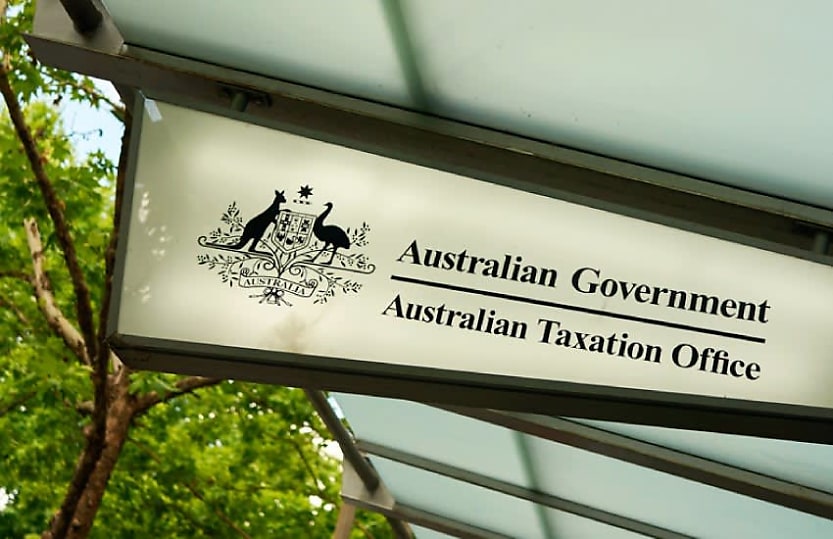File contractor payments on time or raise a red flag, ATO warns

The Tax Office says it will penalise failure to meet the TPAR deadline and use data from the system to expose the shadow economy.
The ATO has drawn a line in the sand for reporting contractor payments and warns tardy businesses that missing its deadline will involve penalties and set off alarm bells about dodgy behaviour.
It said the Taxable Payments Annual Report (TPAR) was due by 28 August and cash payments, fuelling a shadow economy estimated to cost Australia $12.4 billion a year in lost taxes, were increasingly flagged by the payment reports and other ATO systems.
ATO Assistant Commissioner Tony Goding said penalties would follow late lodgments but that was just the start.
“It is getting harder for businesses to hide from the ATO, like using cash payments to avoid tax, as the TPAR data gives the ATO the extra puzzle pieces it needs to catch-out dodgy behaviour,” he said.
“We know there are some who deliberately don’t report or under-report their income, making it unfair for honest businesses.”
“If you are asking for cash and not declaring it to the ATO, you will receive a ‘please explain’ from the ATO and you will be penalised. It’s not a matter of ‘if’, it’s a matter of ‘when’.”
“Dodgy businesses doing ‘cashies’ are being put on notice.”
The TPAR system recorded $400 billion in payments made to almost 1.1 million contractors in 2022–23.
Mr Goding said typical businesses paying contractors included those in building and construction, cleaning, courier and road freight, information technology and security, and investigation or surveillance services.
The Tax Office had recently issued more than 16,000 penalties to businesses which failed to lodge previous TPARs with the average penalty about $1,110.
Mr Goding said failure meet the deadline could be seen as a “red flag and prompt closer scrutiny”. Completed payment records allowed data matching that could reveal errant behaviour.
“TPAR is just one tool in the ATO’s toolbelt helping expose missing income and keeping things fair for businesses doing the right thing.
“We use a range of information in the TPAR to check for red flags, like not including income, not lodging tax returns or activity statements, overclaiming GST credits or mis-using ABNs.”
TPAR data recently enabled the ATO to investigate a sole trader providing cleaning services who reported $6,892 of income from government allowances, but no business income or expenses.
“The data showed they received payments of more than $80,000 from three different companies,” the ATO said.
“An audit confirmed no activity statements had been lodged and the payments were never reported. As a result, their tax return was adjusted for the omitted income, and penalties were applied.”
Mr Goding said the TPAR program helped prevent billions of dollars being lost to the shadow economy, which was believed to cost Australia $12.4 billion every year in unpaid taxes.
About the author







